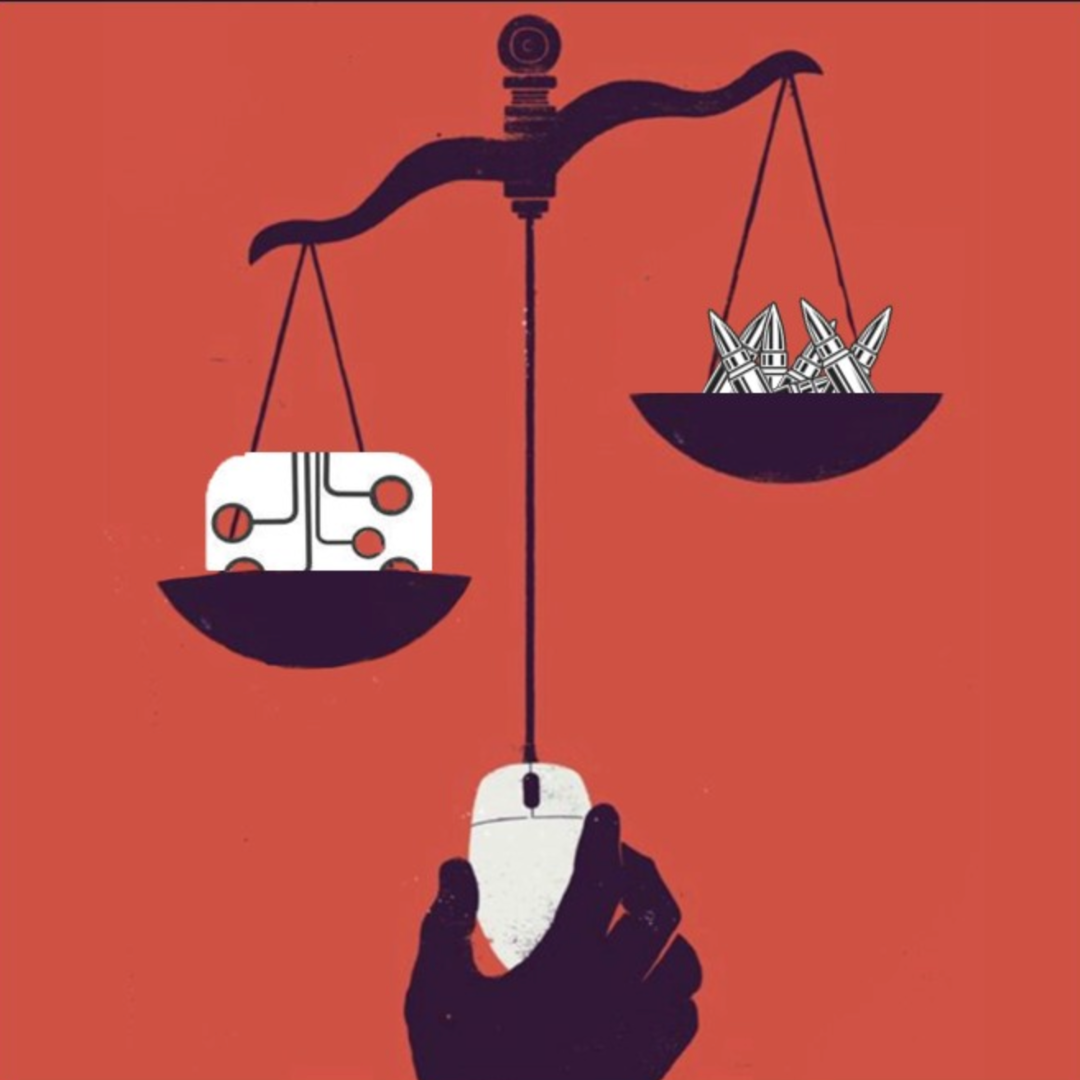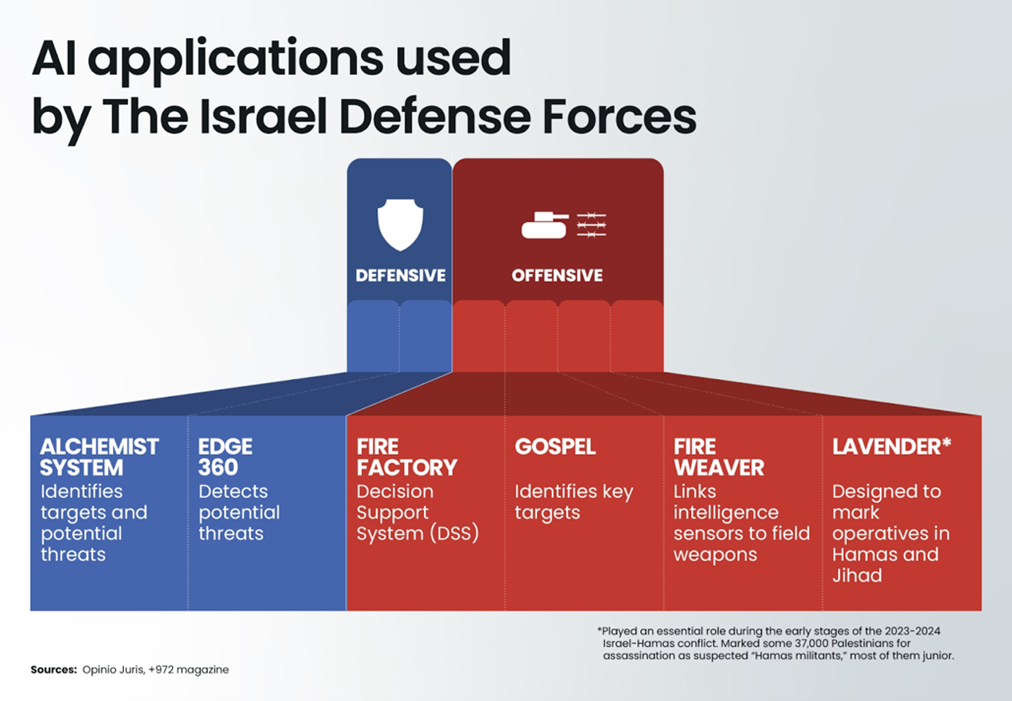Strategizing from 7 cities across the globe
The Invisible War: How Cyber Tactics Redefine Power in Conflict
In the digital battlefield, cyber tactics serve as weapons of fear, confusion, and manipulation, shifting power from bullets to bytes. By exposing civilians to relentless psychological torment, cyber strategies reveal the raw, unseen impact of psychological warfare in modern conflicts.
WARMIDDLE EASTMENTAL HEALTHCYBER-WARFARE
Selena Bassil
11/4/20244 min read


The creation of the state of Israel in 1948 marked the beginning of an ongoing conflict with neighboring Arab countries. These tensions have evolved over the decades, incorporating military, political, and social dimensions. Nowadays, the nature of this conflict's warfare has significantly changed. Hostilities are not only confined to physical battlefields; they have expanded into the cyber realm, where digital tools and tactics play a crucial role. These tools can target infrastructure, sway public opinion, and disrupt national and regional security, all without a single soldier crossing borders. The rise of cyber tactics has redefined the concept of power in conflict, extending influence beyond traditional military strength.
How Cyber Tactics Expose The Psychological War:
In the digital battlefield, cyber tactics serve as weapons of fear, confusion, and manipulation, shifting power from bullets to bytes. By exposing civilians to relentless psychological torment, cyber strategies reveal the raw, unseen impact of psychological warfare in modern conflicts.
One method involves telephone warnings from the Israeli Defense Forces (IDF). Moments before airstrikes, civilians receive calls urging them to evacuate, an instruction that shatters any sense of safety. This tactic does more than just warn; it forces people into a constant state of fear, questioning whether they, or those they care about, could be next. Families, neighbors, and entire communities feel their trust erode under the weight of these threats, left wondering if staying close to loved ones could make them targets.
Then, there is disinformation on social media—a powerful force that reshapes reality. On October 6, 2024, Israeli commentator Eddy Cohen posted a photo claiming to show a Hezbollah tunnel beneath Beirut, stoking fears of hidden threats under Lebanese neighborhoods. Although the photo was quickly revealed to be an old image taken in Israel in 2019, the damage was done. It had already gone viral, spreading suspicion and insecurity that could not be erased. This tactic of planting false information lingers, influencing how people perceive their safety, often leaving them fearful and unsettled, even after the truth comes out.
These cyber tactics turn psychological strain into a powerful weapon, undermining unity within the opposing forces and manipulating the public narrative to create lasting fear and division. In this way, Israel’s cyber strategies redefine conflict, projecting power through the manipulation of perception and the weakening of psychological resilience.
The Power of Technology in Israel’s Military Strategy:
We can not deny that Israel’s technological prowess is redefining modern warfare, giving it a strategic edge few nations can match. With a tech sector hailed as one of the best globally, Israel invested an astounding 6% of its GDP in 2022 on research and development—the highest ratio in the world, according to the Organization for Economic Cooperation and Development.
Israel’s recent operations showcase its advanced tech capabilities. One of the most striking examples is its mass detonation of pagers and walkie-talkies in Lebanon, devices carried by Hezbollah members. This attack, which killed over 40 and injured around 3,000, left global observers and experts taken aback by Israel’s ability to carry out such a covert, large-scale strike that precisely.
And this is just part of Israel’s playbook. Long before this, Israel mastered GPS spoofing—a tactic that does not block GPS signals but tricks them, confusing navigational systems and causing disorientation on enemy turf. The jamming expertise adds another layer to Israel’s tech-based defenses.
Beyond direct attacks, Israel’s intelligence agency, Mossad, has harnessed the power of social media, IT firms, and Artificial Intelligence (AI) companies. These partnerships have expanded Israel’s ability to eavesdrop and penetrate wireless networks, mobile systems, and landline communications


What Does It Signify on a Broader Scale:
All of this demonstrates the important and central role tech is playing in the development of lethal weapons and warfare—one that is designed to confuse and cripple adversaries.
If we take the abovementioned example, never in the history of Hezbollah has the group been subjected to a security breach of this magnitude. But the attacks have not only dealt a painful blow to Hezbollah. They also instilled panic within Iran’s network of proxies in the Middle East. After the second attack in Lebanon in which wireless radios exploded, the Syrian state issued an emergency order to its armed forces and security services to dispose of similar devices in their possession.
How Will This Redefine The Powers:
Israel’s cyber strategies do not just impact military targets—they reshape the entire balance of power. By influencing perception and eroding psychological strength, Israel’s tactics go beyond the battlefield. They reach into communities, creating unease and distrust that ripple through society. This level of psychological warfare raises questions: Who can civilians trust? How can forces operate effectively when doubt and paranoia linger?
In practical terms, these cyber tactics do more than protect Israel. They put Israel ahead of the region, not just in technology but also in influence. By steering public perception on a global scale, Israel can shape narratives and increase polarization, often leaving its adversaries struggling to control the story. Civilians and armed forces alike feel the effects. Fear grows, trust fades, and neighboring countries are kept in a constant state of vigilance.
In both digital and physical realms, Israel’s tech-driven warfare redefines conflict itself. The result? A powerful, cutting-edge strategy that strengthens Israel’s regional advantage, keeping opponents on the defensive and firmly placing the power in Israel's hands.
References
Al Majalla - How Israel's tech prowess might shape the future of warfare
Linnæus University - Israel’s usage of Psychological Warfare against Hezbollah
Al Jazeera - The Lebanon pager attack: Israel’s terror playbook strikes again
